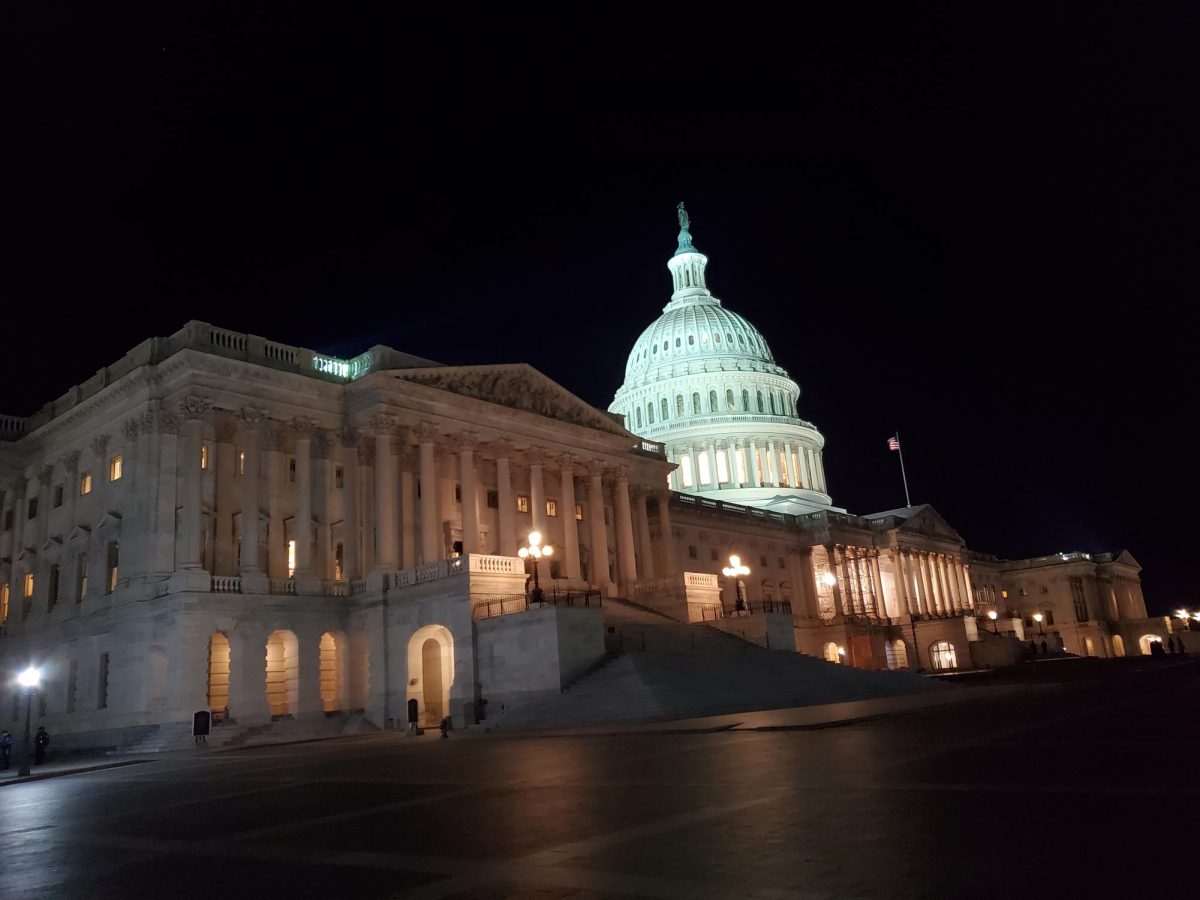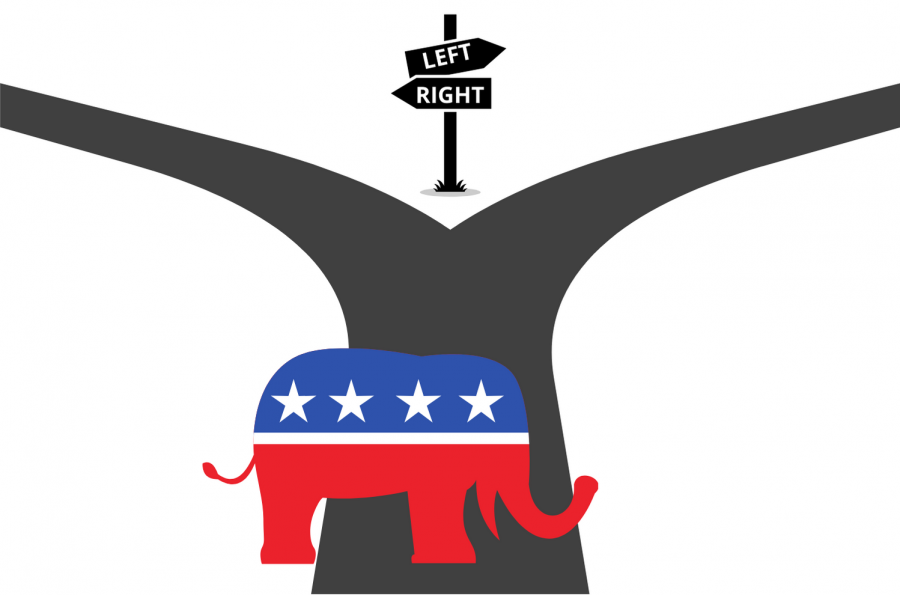In the latest Group of 20 summit held at Moscow, the 20 finance ministers from the major economies of the world gathered to discuss and calm fears of a potential rising currency war.
The financial leaders from the nations, which together account for 90 percent of the world’s economy, came to an agreement after the G-20 summit to “refrain from competitive devaluation” and to “resist all forms of protectionism and keep our markets open,” the Associated Press reports.
According to Reuters, Japan’s expansive policies have driven down the yen by 20 percent through aggressive monetary and fiscal policies over the past years sparking fears and unease among politicians and investors alike that the nation was setting the stage for a global ‘currency war’ through keeping the value of the yen low.
However, the G-20 committed to a communique which stated that, “We reiterate that excess volatility of financial flows and disorderly movements in exchange rates have adverse implications for economic and financial stability.”
“The mood quite clearly early on was that we needed desperately to avoid protectionist measures and that the G-20 stands firmly against protectionism and against manipulation of exchange rates. So that mood permeated quite quickly,” said Canadian Finance Minister Jim Flaherty.
Likewise, Russian Finance Minister Anton Siluanov pointed out that, “We need to take measures to increase the effectiveness of our economies — increase industrial output, increase stimulus measures … This is what governments should be doing and not manipulating exchange rates.”
Conversely, International Monetary Fund director Christine Lagarde dismissed such concerns and believed that they were witnessing “currency worries, not currency wars,” the AP reports.
The AP has also indicated that no country was singled out for criticism.
Sung Won Sohn, an economics professor at the Martin Smith School of Business at California State University, explained the reasoning behind this stating, “Many countries including China, Japan and the United States all have issues related to exchange rates … People in glass houses should not throw stones.”
The United States’ backing of domestic monetary policy to support economic recovery as highlighted within the communiqué reflected the recent actions by the U.S. Federal Reserve to counteract the latest recession. This involved a procedure known as ‘quantitative easing,’ which Al Jazeera reports is a “large-scale bond buying — $85 billion a month in the Fed’s case — that helps economic growth but creates money, much of which has leaked into emerging markets, threatening to destabilize them.”
Defending the United States’ use of the policy, Federal Reserve chair Ben Bernanke argued that “Consistent with the Group of 7 statement, the United States is using domestic policy tools to advance domestic objectives and we believe that by strengthening the U.S. economy, we’re helping to strengthen the global economy as well.”
In regard to the issue, Chinese Vice Finance Minister Zhu Guangyao stated that “major developed nations (should) pay attention to their monetary policy spillover.”
Furthermore the ‘currency war’ was not the only important topic in the minds of the ministers as the reached their own agreement.
Al Jazeera reports that, “A debt-cutting pact struck in Toronto in 2010 will expire this year if leaders fail to agree to extend it at a G-20 summit of leaders in St Petersburg in September.” In turn the communique also pledged that “Advanced economies will develop credible medium-term fiscal strategies … by the St Petersburg summit.”
According to the Associated Press, no new tangible goals or targets were signed in the recent communiqué as “they were anxious to depart from a “one-size-fits-all” approach.”
Responding to the success of the summit, British Finance Minister George Osborne warned that “Countries shouldn’t make the mistake of the past of using currencies as a tool of economic warfare.”







